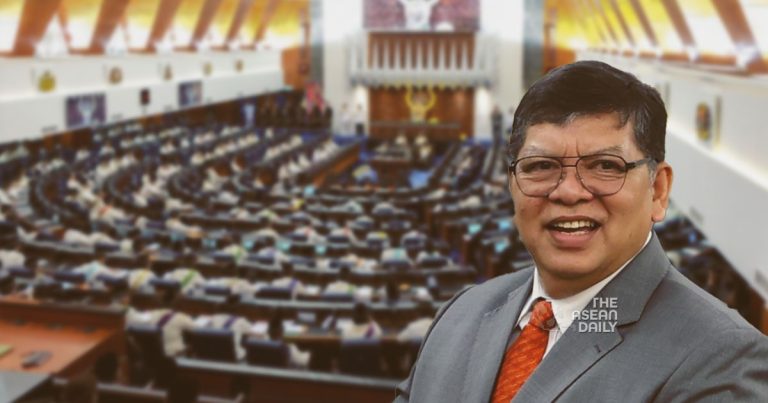29-8-2023 (KUALA LUMPUR) A wave of transformation is on the horizon for Malaysia’s Dewan Rakyat (House of Representatives), promising an eventful year ahead for this vital institution of democracy.
Speaker Tan Sri Johari Abdul has unveiled a series of proposals set to reshape the parliamentary landscape. Among the key changes, several new bills are slated to be presented by year-end, alongside revisions to the Houses of Parliament (Privileges and Powers) Act 1952. These amendments aim to elevate fines for unparliamentary conduct, potentially raising the current penalty of RM1,000 to a maximum of RM10,000, among other alterations.
Speaker Johari expressed his eagerness for these amendments to come into effect. “Senate President Tan Sri Wan Junaidi Tuanku Jaafar was very supportive and he wants it done. Probably by next year, we should start fresh with the amended Act,” he remarked in an exclusive interview with The Star.
Additionally, the Speaker disclosed plans to extend the duration of suspensions imposed on Members of Parliament (MPs) for engaging in uncivilized behaviour during parliamentary sessions. Presently, MPs can be suspended for a maximum of 10 days, but the proposed changes could allow suspensions of 30 or 60 days. However, such extensions would require clearance from the House Committee, followed by amendments to the Act and reference to the Rights and Privileges Committee.
To complement these developments, guidelines for decorum in the House will be introduced for MPs. While the task of drafting these guidelines initially fell to Tan Sri Rais Yatim, Speaker Johari confirmed that Senate President Wan Junaidi has committed to presenting them by the end of this year.
The proposed stringent fines for inappropriate conduct within the parliament send a clear message: the esteemed House will no longer tolerate disruptive behavior. Speaker Johari emphasized the responsibility of MPs, who are generously compensated by taxpayers, to fulfill the public’s expectations of substantive contributions.
He stressed that when an MP disrupts parliamentary proceedings, not only does it waste his time as Speaker, but it also squanders taxpayers’ money. Hence, Speaker Johari expressed his determination to address this issue firmly, urging MPs to approach their roles with the seriousness they deserve.
The Speaker acknowledged the challenges faced by some MPs who formerly served as government backbenchers before transitioning to the Opposition following general elections. This shift can pose a psychological burden as individuals adapt to their new roles. However, Speaker Johari underlined the importance of his impartiality, affirming that government and Opposition MPs must have equal opportunities to express themselves in the House.
“I’m here for nation-building. I’m not here to elevate or bring down any party. I want to see how MPs contribute to nation-building not just in their words but in their actions too,” he asserted.
Among the anticipated bills to be presented by year-end, Speaker Johari highlighted his enthusiasm for the Parliamentary Services Act (PSA), which was repealed in 1992. He believes the PSA’s reintroduction will empower Parliament with enhanced autonomy and expedite its operations.
While multiple procedures are involved in the PSA’s revival, Speaker Johari assured Malaysians that there will be no undue delays. Pending Cabinet approval, it will be tabled in Parliament, debated, and eventually passed. If all goes smoothly, this process should conclude in the October meeting, with the Senate’s approval anticipated by year-end.
The PSA, initially introduced in 1963, aimed to grant Parliament independence from the executive branch, enabling the House to manage its own affairs, including staff selection and expenditure control. However, in 1992, Tun Dr. Mahathir Mohamad repealed the PSA, bringing parliamentary affairs under the jurisdiction of the Prime Minister’s Department.
Over the years, civil society groups have repeatedly called for the revival of the PSA.
Furthermore, Speaker Johari announced a change in the Malaysian Youth Parliament initiative. The age limit for participation will be lowered, allowing students as young as 16 to run as candidates from next year. Currently, only those aged 18 and above are eligible to contest for a seat.
This adjustment aims to provide younger individuals with a better understanding of the electoral process and democracy before they reach voting age.
Parliament is scheduled for a special meeting from September 11 to 19 to conduct a mid-term review of the 12th Malaysia Plan. The subsequent parliamentary session will run from October 9 to November 30, during which Budget 2024 will be tabled, debated, and passed.




